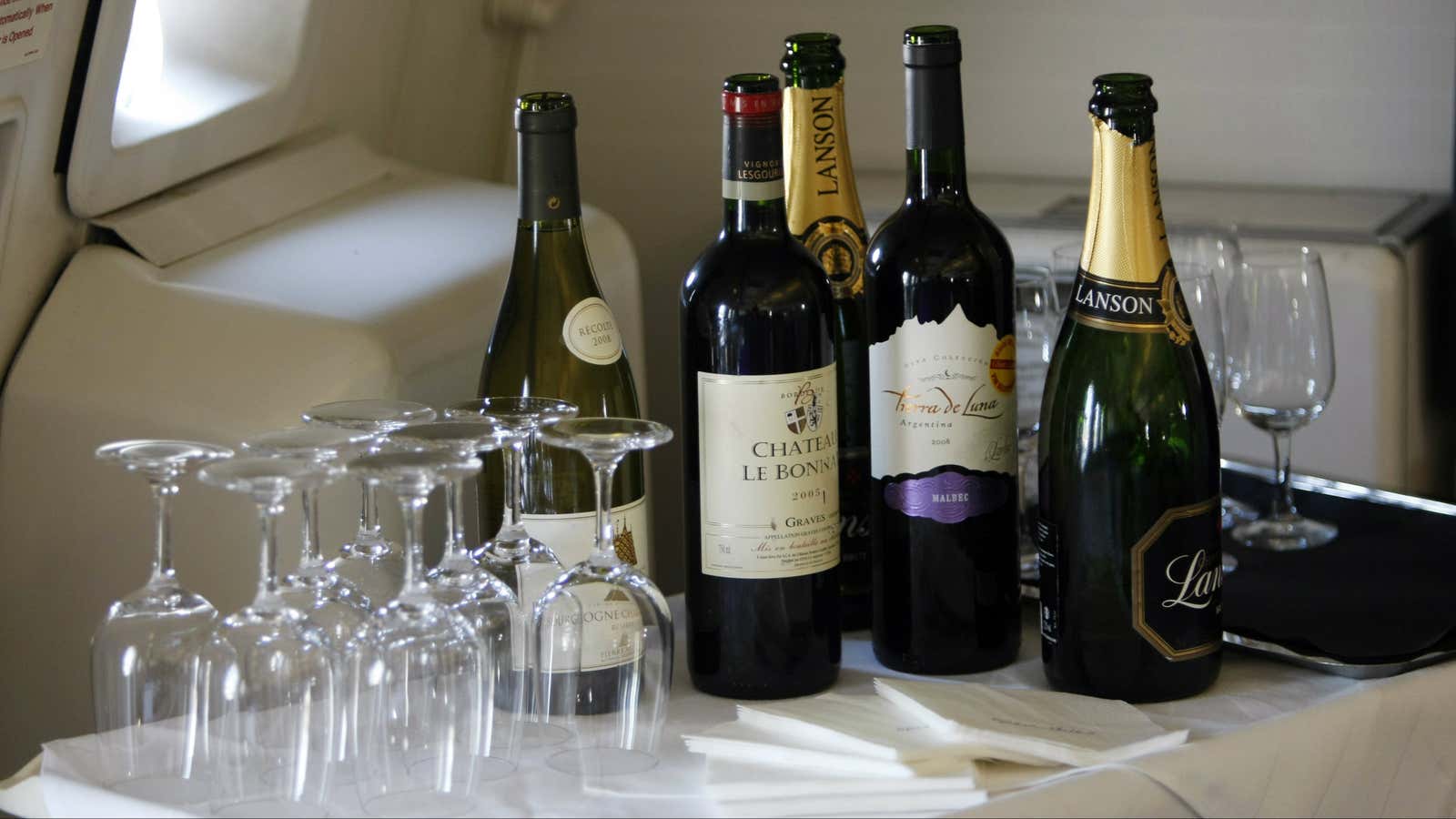It often seems there is nothing airlines won’t do to appease their elite, frequent flying passengers—and with good reason. Incentivized by perks, benefits, and upgrades galore, these passengers help keep airlines afloat. Delta, for example, once noted that 5% of its passengers account for 26% of its revenue.
But Russian flagship carrier Aeroflot is saying enough with the coddling. Since the beginning of 2018, the SkyTeam alliance member has reported nine incidents of physical violence directed toward airline employees. A statement from the airline does not mince words about who is responsible for the uptick in passenger antics:
“Closer scrutiny of these incidents has revealed that virtually all the disruptive passengers were elite-level participants in the Aeroflot Bonus loyalty programme. A number of silver, gold and platinum Aeroflot Bonus card-holders consider it acceptable to treat the airline’s employees as second-class citizens, behaving not only rudely and aggressively but also in some cases resorting to violence.”
In response to the bad behavior, Aeroflot said it will begin revoking elite status and its associated perks from passengers who fail to adhere to the airline’s code of conduct. Once the status is revoked, all accrued miles will be null and void, and the offending passenger’s account will be closed—forever.
That Aeroflot found a correlation between status and bad behavior may come as a surprise to some. After all, a typical profile of a status passenger is a professional who travels often for business—not a troublemaker who doesn’t know how to behave onboard. However, Carrie A Trey, a flight attendant who frequently contributes to The Points Guy, isn’t surprised in the least. She estimates that 70% of the confrontations between a passenger and crew member she’s observed happened in a premium cabin—and that more than half involved “SuperStatus flyers.” She writes:
“I’ve been told to go f— myself because I had run out of a meal choice, heard a colleague called a horrendous homophobic slur for asking a passenger to get off her phone while we taxied to the runway, and had another colleague spit at for tripping over a passenger’s leg (that was dangling out in the aisle) and waking him up. I’ve even seen a mother throw a dirty diaper at a crew member because the crew member wouldn’t collect it from her without gloves. This behavior is simply not acceptable.”
When you consider the limitless alcohol that tends to be present in premium cabin—and typically available to status flyers—perhaps this behavior makes a bit more sense. Some airlines have voiced concerns about the effect that alcohol consumption pre-boarding has on the behavior of passengers in-flight.
Russia, for its part, seems to be tackling badly-behaved passengers aggressively. In June of this year, legislation will go into effect allowing airlines to blacklist offenders and deny them future transportation. Aeroflot, by the looks of things, will have no trouble doing so.
But whether other airlines will follow in meting out punishment against status-bearing fliers is questionable, given the financial contribution these passengers make.
